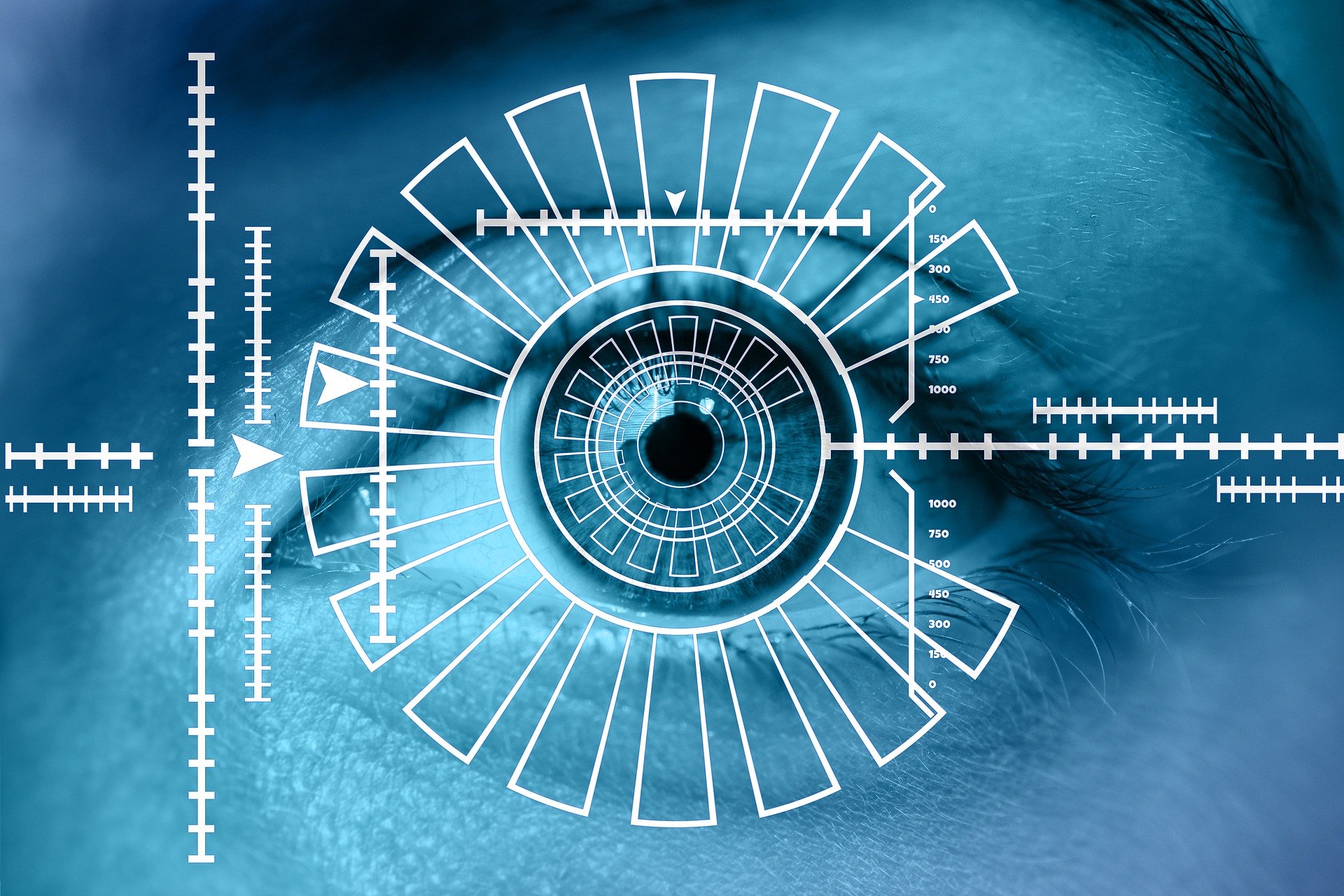Professor Richard Guest, Professor of Biometric Systems Engineering and Head of the School of Engineering and Digital Arts, has contributed to the Biometrics and Forensics Ethics Group 2020/21 annual report which has been announced in Parliament by MP Kit Malthouse and Baroness Williams.
The Biometrics and Forensics Ethics Group (BFEG) is an advisory non-departmental public body sponsored by the Home Office. It provides independent ethical advice on issues related to the collection, use, and retention of biometric and forensic material and on the use of large and complex datasets and projects using artificial intelligence.
This year, the BFEG have published two key studies. The first dealt with the feasibility of using genetic genealogy techniques to assist with criminal investigations by UK law enforcement, and the second on the ethical issues arising from public-private collaborative use of live facial recognition technology.
The group also updated their governing principles to make plain that biometric, forensic, and data analysis procedures should not deliberately or inadvertently target or selectively disadvantage individuals or groups on the basis of their ‘protected characteristics’ under the Equality Act 2010.
MP Kit Malthouse said: ‘I would like to thank the Group for their advice concerning the use and retention of biometric identifiers and for their advice on the development and testing of biometric technologies’.
‘The group continue to provide valuable advice and guidance: on policy changes relating to the use of the National DNA Database; in support of the Home Office Biometrics programme; and for projects involving large data sets or machine learning applications’.
The full Biometrics and Forensics Ethics Group report can be found here:
https://www.gov.uk/government/organisations/biometrics-and-forensics-ethics-group

